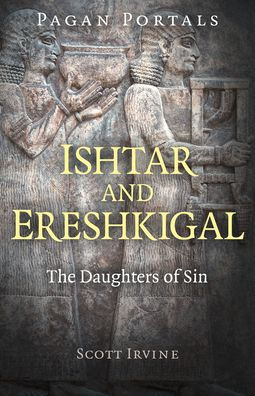One look at the bibliography and you will understand why this book does not meet expectations. The author lists 18 books, of which only three are primarily about the Middle East. Of these, only one is a book on the mythology of the Middle East. Although reputable, it was written in the 1960s and therefore lacks any of the modern research which opened the doors to a far vaster understanding of the ancient Mesopotamian world. One book is on the Jewish Kabbalah which isn't particularly relevant to these Akkadian-Sumerian goddesses. The third book relating to the Middle East is a sort of religious science fiction book that claims that humans were genetically engineered by extraterrestrial gods. Not surprisingly, there are no footnotes, the research is questionable and the result is inchoate.
Quite a bit of the book is not even specifically about these goddesses. There are chapters on Greek, Egyptian and Hindu myths, Biblical Armageddon, a tarot reading he did for himself and even a chapter describing the lovely area of Dover in England. He draws in far ranging and far fetched connections with cultures that are unlikely to have influenced each other. At one point he claims a connection between the Scythians and the Norse Gods which is not backed up by any credible research.
One has to wonder what gave Mr. Irvine the idea that he should write about these Goddesses. He gives the impression that his full experience with Ishtar and Ereshkigal was in relation to researching and writing about them and finally having one neopagan ritual with them. Mr. Irvine seems incapable of academic research. Worse his writing suffers from the Dunning-Kruger effect. It's a shame because his writing is very readable. If he had stuck to simply retelling the stories of this mythology, this could have been a good book.
Not Recommended.
~review by Larissa Carlson
Author: Scott Irvine
Moon Books, 2019
pp. 112, $10.95
Ishtar and Ereshkigal: The Daughters of Sin (Pagan Portals)

©
2010 - 2024
Facing North
